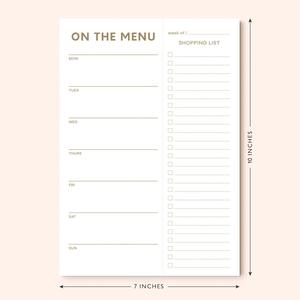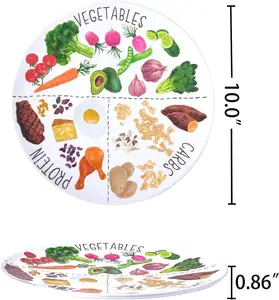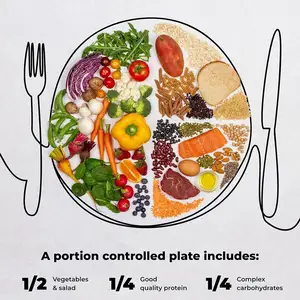Introduction to Custom Eating Plans
A custom eating plan is a personalized dietary framework designed to meet the individual nutritional needs, goals, and preferences of a person. These plans are tailored to consider various factors such as age, sex, activity level, health conditions, and food preferences. Unlike generic diets, a custom eating plan empowers individuals to take control of their health through nutrition that is specifically designed for them.
Types of Custom Eating Plans
- Weight Loss Plans: Tailored for those aiming to shed pounds while ensuring they receive proper nutrition.
- Muscle Gain Plans: Designed to fuel workouts and facilitate muscle development through increased protein and calorie intake.
- Health Condition-Specific Plans: Customized plans that cater to specific health issues such as diabetes, hypertension, or food allergies.
- Sports-Specific Plans: Created for athletes requiring specialized nutrition to optimize their performance and recovery.
Applications of Custom Eating Plans
Custom eating plans can be widely applied in various scenarios and lifestyles, making them versatile tools for enhancing health. Here are some applications:
- Weight Management: These plans provide a structured approach to managing body weight effectively without compromising essential nutrients.
- Healthy Aging: Customized nutrition can help individuals address age-related health concerns and maintain vitality.
- Enhanced Athletic Performance: Athletes benefit from specialized nutrient timing and composition, crucial for peak performance.
- Support for Medical Treatments: Designed to support treatment plans for conditions such as cancer, where nutritional needs are heightened.
Features and Advantages of Custom Eating Plans
Adopting a custom eating plan offers numerous features and advantages that stand out compared to standard dieting approaches:
- Personalization: Tailored to fit individual preferences, enhancing adherence and satisfaction, making it easier to maintain long-term.
- Diverse Nutrient Sources: Encourages a varied diet rich in essential nutrients, preventing deficiencies that can occur with restrictive diets.
- Flexibility: Adaptable to lifestyle changes, allowing for modifications that can accommodate social events, traveling, or new dietary choices.
- Educational Component: Many custom eating plans come with guidance that helps individuals understand the impact of food choices on overall health.
How to Choose a Custom Eating Plan
Selecting a suitable custom eating plan involves several key considerations to ensure the plan aligns with personal goals and lifestyle:
- Assess Your Goals: Determine whether your goal is weight loss, muscle gain, managing a health condition, or overall wellness.
- Consult a Professional: Engage with a registered dietitian or nutritionist who can help design a plan tailored to your specific needs.
- Consider Your Lifestyle: Factor in your daily routine, work schedule, and cooking habits to choose a plan you can realistically follow.
- Evaluate Food Preferences: Incorporate foods that you enjoy to make the plan enjoyable and sustainable.





















































